Get the Agent, Get the Part, and Get on the Big Screen!
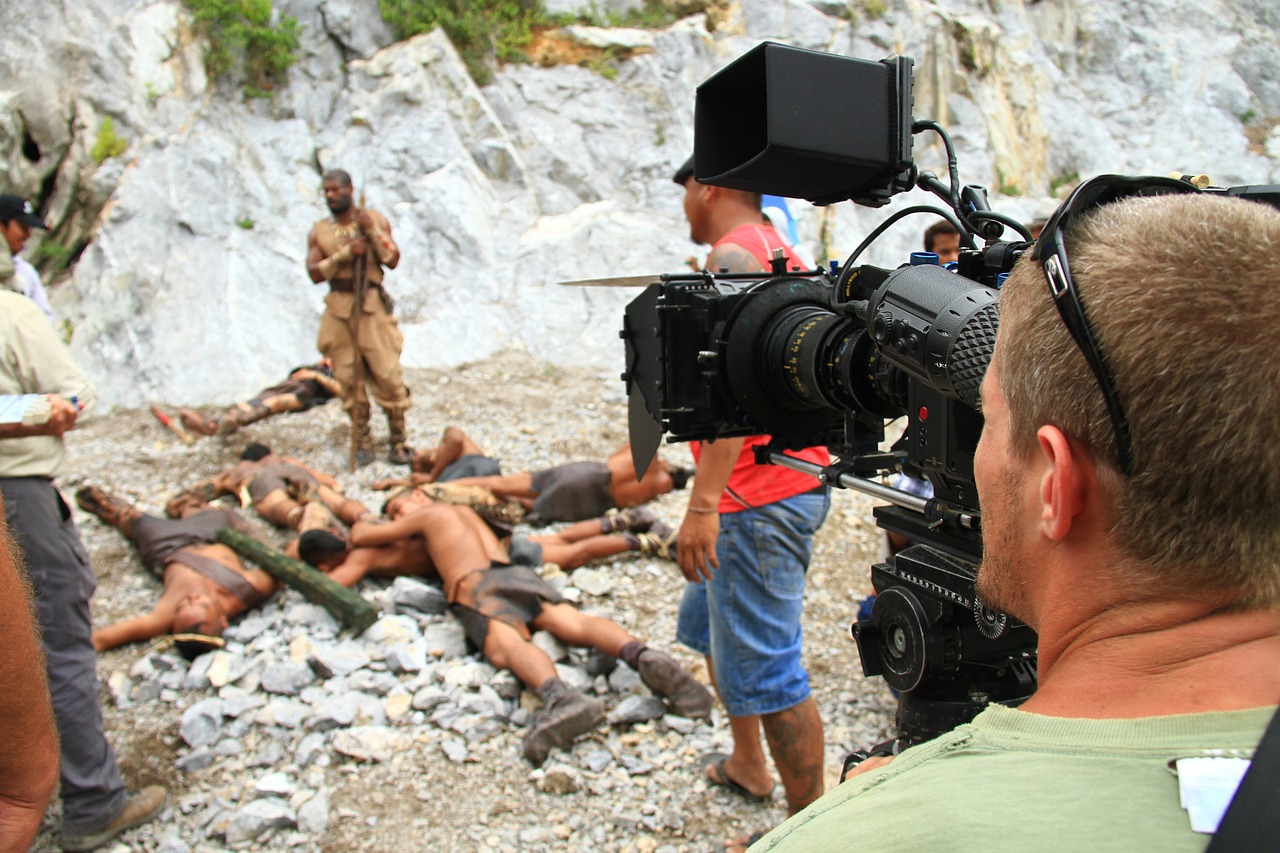
Image: pixabay.com
So, you want to be an actor. You pack your bags and head to Los Angeles or New York or wherever you plan on finding work… but wherever you wind up, sooner or later you’re going to have to contend with that nerve-wracking experience that’s common to all big-screen hopefuls: acting auditions.
Auditions have the almost universal effect of making actors nervous.
If you ask most performers what they prefer, they’ll all tell you they’d rather be on set or on stage than auditioning to get the part.
Of course, they would! Wouldn’t you rather be at work where you’re being paid, and you know that people want you there? Acting auditions are your shot at winning a job, and when you’re in the midst of it, and sometimes it can feel like you’re being judged.

Image: wikipedia
The thing is, the people in the audition room all want the actor to succeed. Whether it’s a nearly-empty room with a single intern at a casting agency, or a room full of studio heads.
These people are looking for gold. They want to be entertained. They want to be wowed.
Someone is going to knock their socks off. Why not have it be you?
What are Acting Auditions?

Image: pexels.com
An audition is a job interview.
If you’ve never gone on an audition before, there are a few basics to establish. If you’re reading this, you probably know a bunch of this stuff already, but let’s make sure we’re all up to speed.
- Acting auditions happen because someone somewhere is creating some sort of show. This person is usually the producer.
- By the time an audition is happening, a lot of other stuff has already happened. The producer has usually already hired a director and several other members of the team. They almost certainly have a script, and they may even have a production schedule and locations picked out.
- The reason you need to know this as an actor is this: if you’re not a star, you’re expendable. You are coming into the process late when everyone is already busy and overworked. So it’s your job to be prepared, to be delightful, to impress the production team, and to present yourself professionally. When it’s all over, people should say “wow! I want to work with that person.”
- So the team begins its hunt to find the perfect actor for at least one of the roles in their production. If it’s a film or a pilot for a new TV show, they may need to cast all of the actors.
- There are many differentkinds of productions that hold acting auditions. Studio features, TV episodes, pilots, independent films are all examples of auditions that take place for a camera. If you’re trying to break onto the stage, you may go out for a musical, a new play, a remount of a classic, Shakespeare in the Park… each of which needs specific skills.
The good news is that if you’re called in to audition, that means that you have already been plucked from a sea of hopefuls who sent in their materials.
What you need to do now is impress.
HOW DO I FIND AUDITIONS TO BEGIN WITH

Image: Wikipedia
Generally speaking, the way to find acting auditions depends on your market. Getting cast in Los Angeles is a different game from getting cast in a theatre town (let’s say Washington D.C.)
So the question is, where are you? And what sort of acting work are you looking for?
If you’re looking for stage work, the best thing to do is try to get involved in your local community.
There are a number of U.S. cities that have a lot of stage work… D.C. is one of them, along with New York, Chicago, L.A, Louisville, Houston, Atlanta, Minneapolis, Seattle, Boston, San Francisco… if you’re in any of these places you can get involved with your local theatre scene and work your way up.
Many theatre companies hold general auditions and open them to anyone who wants to audition. If you want to go out for roles at the top theaters, you’ll eventually need to join Actor’s Equity Association, which is the union for stage artists.

Image: Pixabay
Most cities will have a website or two that are devoted to auditions within that community. In Los Angeles, you can find a lot of theatre acting auditions on Backstage. In Minneapolis, you may want to check out MNplaylist. There’s usually something like this for every city.
Research your particular market. Google “(your city) theater auditions” and see what turns up.
If, on the other hand, you’ve got your sights set on Hollywood… well, that’s a whole other story…
THE WILD, WILD WEST

Image: Wikipedia
If you’ve come to Hollywood, it’s probably because you’re looking to see your face on the big screen or the TV set.
You can still pursue stage roles in Los Angeles, and many actors do just that. It’s an excellent way to stay sharp, meet people, and improve your acting skills. There are thousands of actors who come out to L.A. from all corners of the world. It’s big, and it’s confusing, and there’s nothing more exciting.
But in order to work in Film and Television, you’re going to need a lot of help. You’ll need a few basic tools, some training, and hopefully some talent.
So let’s get started.
TOOLS OF THE TRADE
Just like a carpenter needs a hammer, measuring tape, and a saw… an actor needs a headshot, a resume, and a reel.

Image: Pexels.com
THE HEADSHOT

Image: Wikipedia
This is an 8 x 10 photo of yourself. These photos will make or break a career. If yours are terrible, you won’t find work.
A good headshot is your single best tool in getting called in for acting auditions. It should show you at your best and also show something about your personality. Are you dangerous? Shy? The villain? The nerd? The stay-at-home mom?
Think about what sort of roles you’d go out for. A good headshot should make people see you in those types of roles.
A word of warning here. Don’t take this too far.
Some actors get headshots of themselves in costume. Don’t do this. It tells people you don’t know what you’re doing. Dress like a normal person for your headshots. The focus should be on your face and especially your eyes. If the focus is on your clothes, you’re in trouble.
Good professional headshots will cost several hundred dollars. Budget for it ahead of time.
THE RESUME
A resume tells other people what work you’ve already done. It usually has your recent roles, your height, your eye and hair color, and union status. It also has any special skills. If you play the piano, include that. If you’re fluent in Russian, include that too.
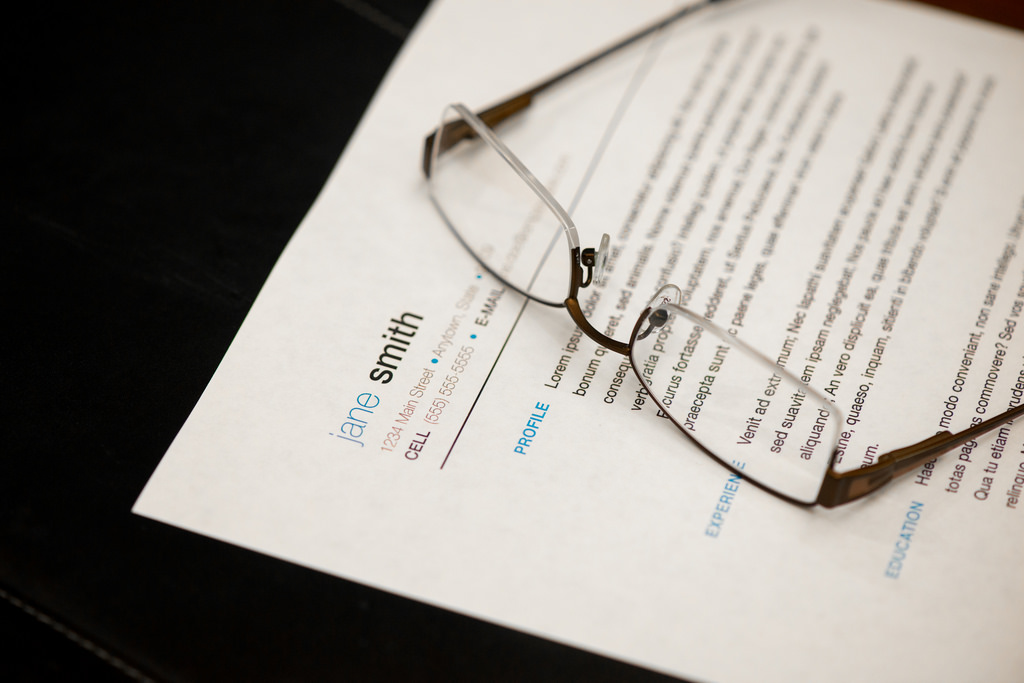
Image: CC BY 2.0 from Amtec Photos via Flickr
These are some good tips for how to make a professional resume.
Just remember that if you include a special skill, you need to be able to prove it. If someone calls you into a casting office because your resume says you know kung fu, they’ll expect you to back up that claim. If you lie about your skills, you’ll not only lose out on the role, but that casting director won’t call you again, either.
THE REEL

Image: Pixabay
A reel is a short video clip of you acting. It can be just 15-30 seconds long (in fact, most directors and agents make up their mind about an actor in the first four seconds.) This is not used for theater very much, but for film and TV, it’s essential.
Now let’s get you to the next stage: the casting sites.
ACTORS ACCESS AND L.A. CASTING
In this age where everything is on the internet, did you really think this casting thing would be any different?
The two main resources for casting directors in Hollywood are Actors Access and LA Casting.

Image: Wikipedia
As a rule, LA Casting is more for commercials, although some studios (particularly Fox) use it for their film and TV as well. Actors Access is more for film and TV. If you’re looking to get yourself a starring role on the next Netflix Original, this is the place to be.
So how do you get yourself onto these websites?
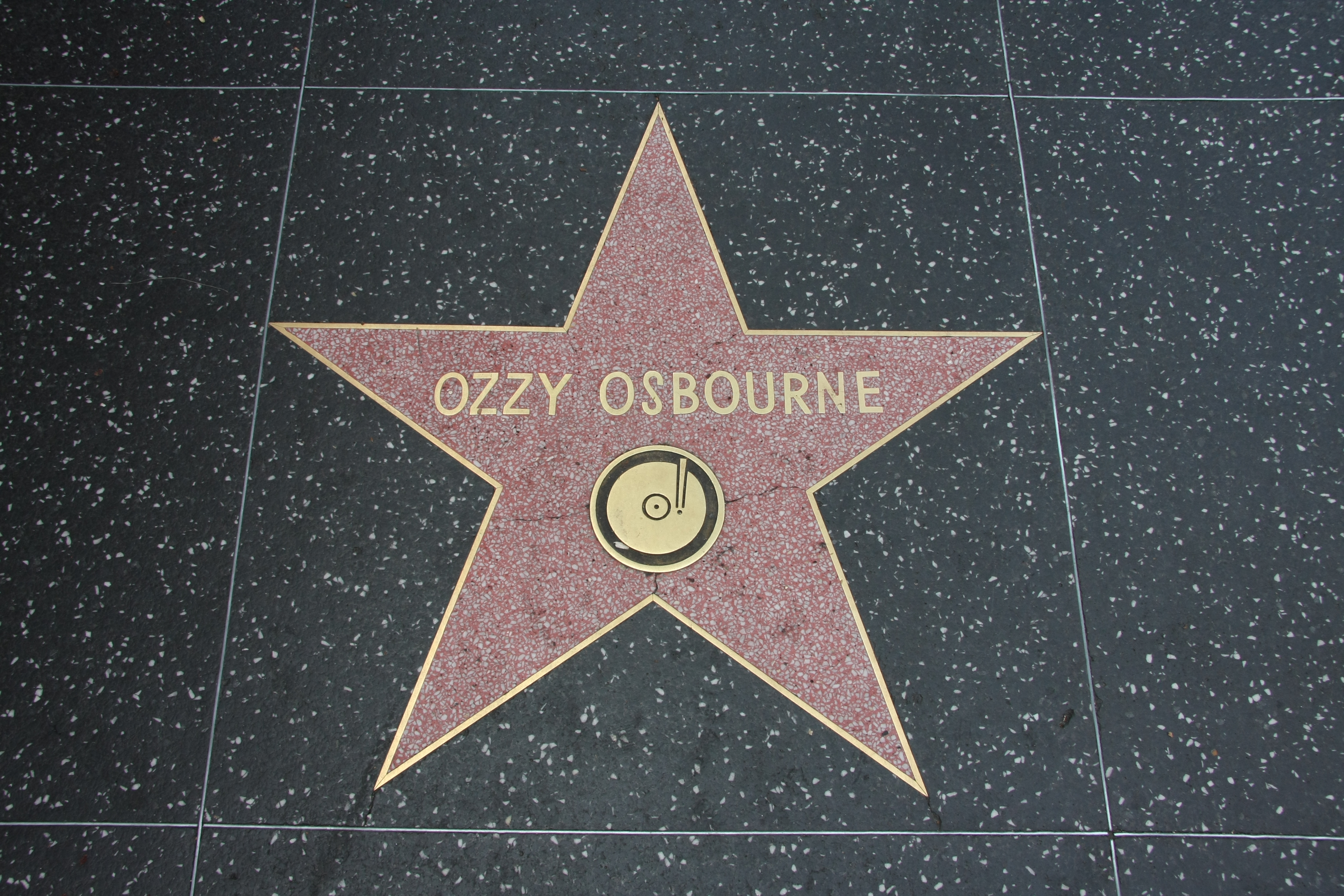
Image: Wikipedia
Simply, you pay for a profile. If that seems like a bit of a racket, well… you’re not exactly wrong. But it does make the whole process a lot smoother. These sites handle a lot of data, and a lot of acting auditions get posted here.
They store headshots, reels, and they also store sides (pieces of the script that you’ll use to audition).
There’s going to be a fee for each of these too, but it’s by far the most efficient way to find work. If you’re serious about getting acting auditions, this is where you go.
Once you have your other materials, visit each of the websites and create a profile. Upload your headshot, resume, and reel.
Congrats! You’re now in the game! This is a huge step. You can now search acting auditions, and submit your profile for roles that interest you.
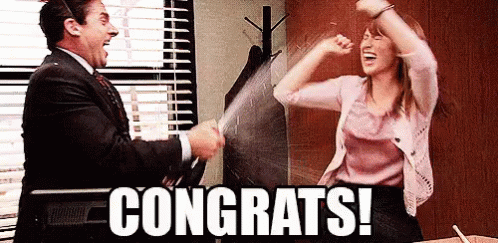
Image via giphy.com
Pretty soon, though, you’ll start to wonder why all the projects you see are independent films, student shorts, or shows on a shoestring budget.
Where are the big pictures? Where are the Emmy-winners? The Oscar contenders? How do I get myself a recurring gig on Empire?
Which leads us to our next question…
DO I REALLY NEED AN AGENT?
Yes.
It’s possible that you might have someone spot you in an ice cream parlor and tell you they want you for their next movie. But don’t count on it.

Image: Pxhere
In fact, if that does happen, you’re probably being scammed. Proceed with extreme caution.
Some people get incredibly lucky and land a part on a big casting call where thousands of people show up. But don’t count on that either.

Image: Pxhere
If you want to work in Film and Television as an actor, then yes, you need an agent. Especially if you’re in an industry town like New York or Los Angeles. Pretty much all the good jobs are union, and that’s unlikely to change any time soon.
In Hollywood, the best roles are usually kept under wraps. Even if you’ve started your profile on Actors Access or LA Casting, you won’t be allowed to search them. That’s because the showrunners specifically hide their auditions. Actors can’t see them.
But agents can.
This is why you need to work with a Talent Agency or a Manager. These are the people who are the gatekeepers for the good work.
So how do you get one?
LANDING AN AGENT 101
Remember your headshot and resume?
You’re going to be mailing out a bunch of these.

Image: Pixabay
In ye olden times, before the rise of the internet, this meant finding a paper cutter, trimming down your 8.5 x 11 resume to fit your 8 x 10 photo, and then stuffing large manila envelopes until you had a giant stack of them ready to mail.
Nowadays, more and more of this stuff happens over email. Agents don’t really enjoy swimming through thousands of pieces of physical mail to get from their offices to the front door, and digital files are easier to search and store.

Image: Pexels
But the basic concept is the same. You’re going to send Agents and Managers your best photo, a resume, and possibly a small file of your reel (or a link, if you have uploaded it to YouTube).
This process is known among actors as “seeking representation.”
There are two kinds of representation that are most common: Commercial Representation and Theatrical Representation.
Commercial means your agent or manager will send you out for commercials. Theatrical means they’ll send you out for Film and TV. Of the two, commercial is easier to get.
The best place to find info is on a site called Backstage.com. This has a breakdown of Talent Agencies and Managers. It will tell you where to send your materials, and what the submission guidelines are. Maybe they want a hard copy of your headshot. Maybe they want it sent to a specific email.
Each agency could be different. Send out your materials and see who responds.
Also: don’t be disappointed if you don’t hear back right away. Sometimes actors don’t hear back for months.

Image: Pixabay
Agents are super busy working for the actors they already represent.
Sometimes an agency will reply with a simple “thank you, our roster is full right now but check back in six months.” Don’t assume that means they don’t want you. Follow up in six months if you’re still looking for representation.
When an agent does call you in, make sure to do a little research on them. Google their name. See if they have any weird reviews. If there are one or two, you’re probably fine. But if you see a lot of people complaining about them, they may be a scam.

Image: Wikipedia
Never pay your agent up front. The agent’s job is to earn their money by finding you work. Then they get paid.
Never do something you feel uncomfortable doing, something that violates the law or crosses your own boundaries.
Hopefully, you won’t run into scammers and predators, but they do exist in this business, and it’s important to be on the lookout.
Let’s say, though that your agent looks legit, and you get called in for a meeting. What now?
Dress professionally. This is another interview situation. Look your best. Be ready to do a monologue if they ask (they may or may not). Be ready to talk about where you come from, what your other hobbies are, what your union status is, and what training you’ve had.
The agent is trying to get a sense of you as a person. Are you driven? Are you articulate and sociable? Are you reliable? If they get you auditions, will you show up and do a good job?

Image: Pxhere
You can ask them questions too.
Once you get an agent, a lot of doors will open. Commercial agents can get you lucrative ad work, and theatrical agents (or managers) can get you acting auditions for major TV shows and films.
Once your Actors Access or LA Casting profile is attached to an agency or a talent manager, you’re in a whole other world.
PREPARE FOR YOUR AUDITION

Image: Pexels
It’s Tuesday morning at 10 am and your agent calls. You pick up the phone.
Congratulations! You have an audition!
It’s for a co-starring role on an episode of a new TV show that just got picked up by Fox. The audition is tomorrow at 11:15 am.
Your jaw drops. Tomorrow?
Yup. It really can happen this quickly. Especially in TV, auditions can pop up suddenly and be over just as fast. Television casts and shoots at a very rapid pace.
So you might find out about the audition on Tuesday, do the audition Wednesday, get called back on Thursday, get the job on Friday, shoot your scene on Monday, and the whole thing will be over before a week has passed.
Here’s how you get ready!
GET EXCITED
You got an audition! The thrill never gets old. Savor it for a couple minutes, then get to work.

Image: Pexels
GET YOUR SIDES
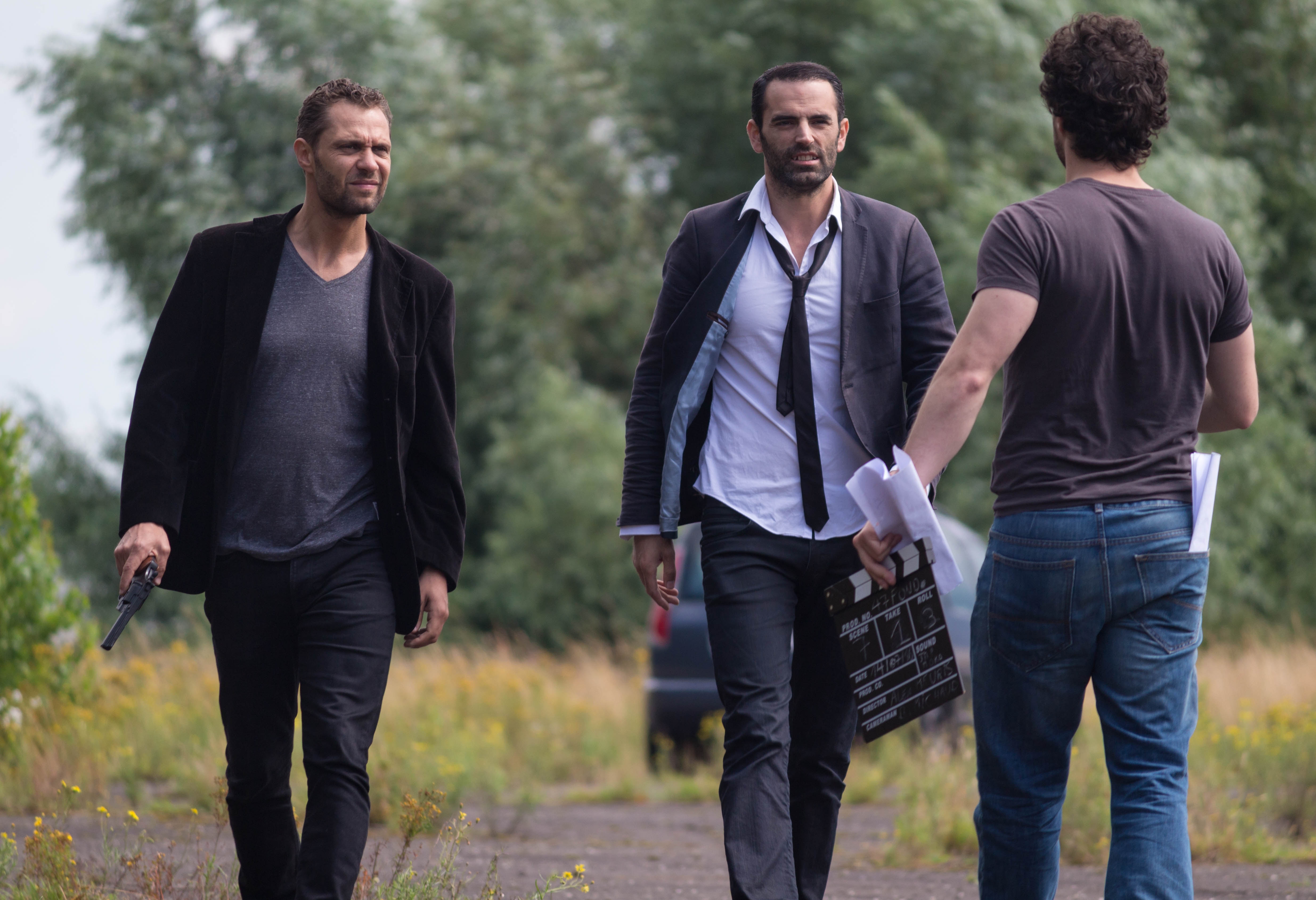
Image: Unsplash
If you have your agent on the phone, ask about the sides. These are the scenes of dialogue that you’ll be reading for your audition. How do you get those? You may also be sent directions to find them via email or Actors Access.
LEARN ABOUT THE SHOW
You may have the urge to jump right into learning your lines and understanding your character, but it’s really important to learn the tone of the show. If you were reading a scene for Game of Thrones, wouldn’t you think about

Image: Pixabay
it differently from if you were auditioning for The Big Bang Theory?
Of course, you would. If you haven’t seen the show, try to find a short scene on YouTube.
BREAK DOWN THE SCENE

Image: Pixabay
Who is your character? What do they want? What’s happening in this scene (or scenes)? Sometimes you may have a whole scene with a ton of lines, and sometimes you may have just one line. You should still develop a strong take on your character.
MEMORIZE AS MUCH AS YOU CAN
If you can be off-book, do it.
The only warning against trying to memorize is that if it’s going to mess you up, use the script. Always hold the script when you audition, so you have it as a reference, in case you lose your place.
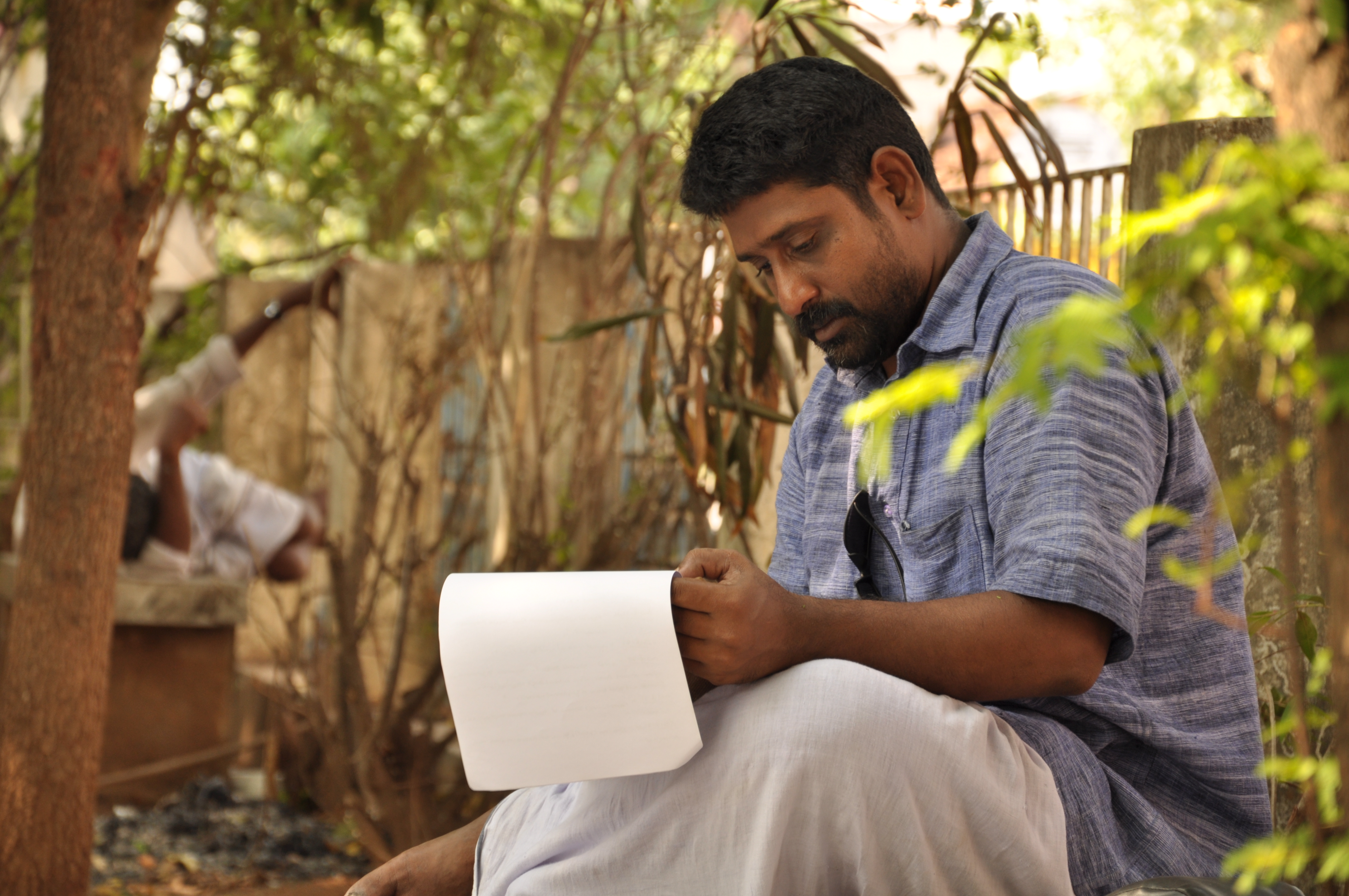
Image: Wikipedia
DRESS APPROPRIATELY
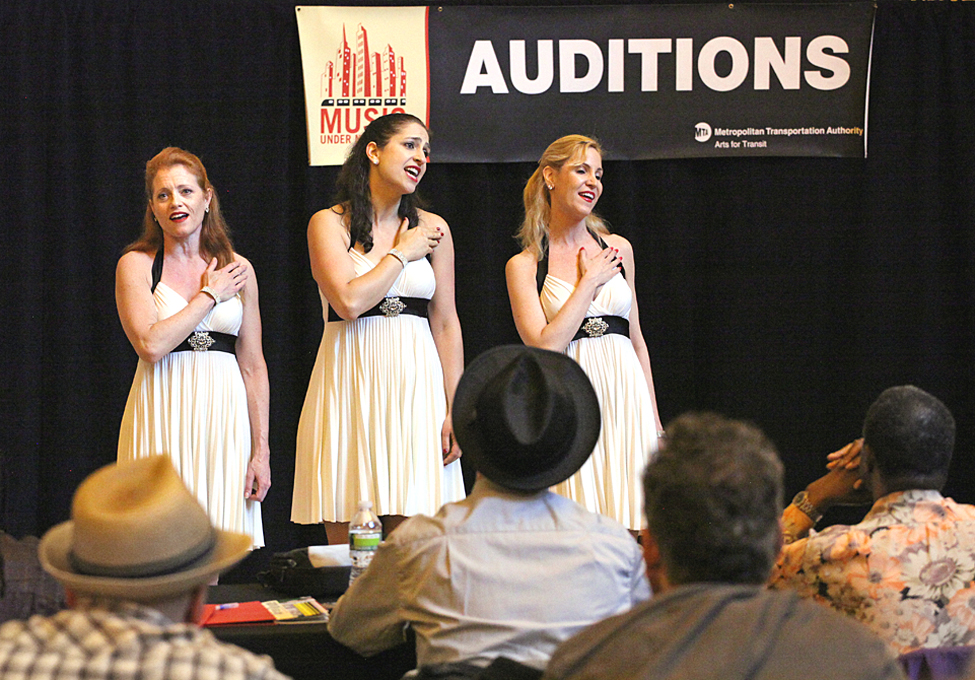
Image: Wikipedia
Dress well, and dress appropriately for the character. Don’t show up in costume. If you’re playing a nurse don’t wear scrubs, but maybe do wear something that’s a solid blue color. Something that suggests the role is great.
Something that looks like a last-minute Halloween ensemble is a big no-no.
ARRIVE EARLY

Image: Unsplash
There’s a famous quote in show business.
“Early is on time. On time is late. Late is unacceptable.”
Be early.
Parking in L.A. can be a nightmare. You may hit traffic, you may get lost on your way to the audition.
Parking in L.A. can be a nightmare. You may hit traffic, you may get lost on your way to the audition. If you can aim to be early then do it, and if you arrive really early then practice your sides in your car or just find a cool place to relax.
DON’T BE RUDE
Be extra polite to everyone you meet. Be nice to the other actors that are your competition. You never know when they might be your co-workers! If the audition is running late, don’t make a scene.
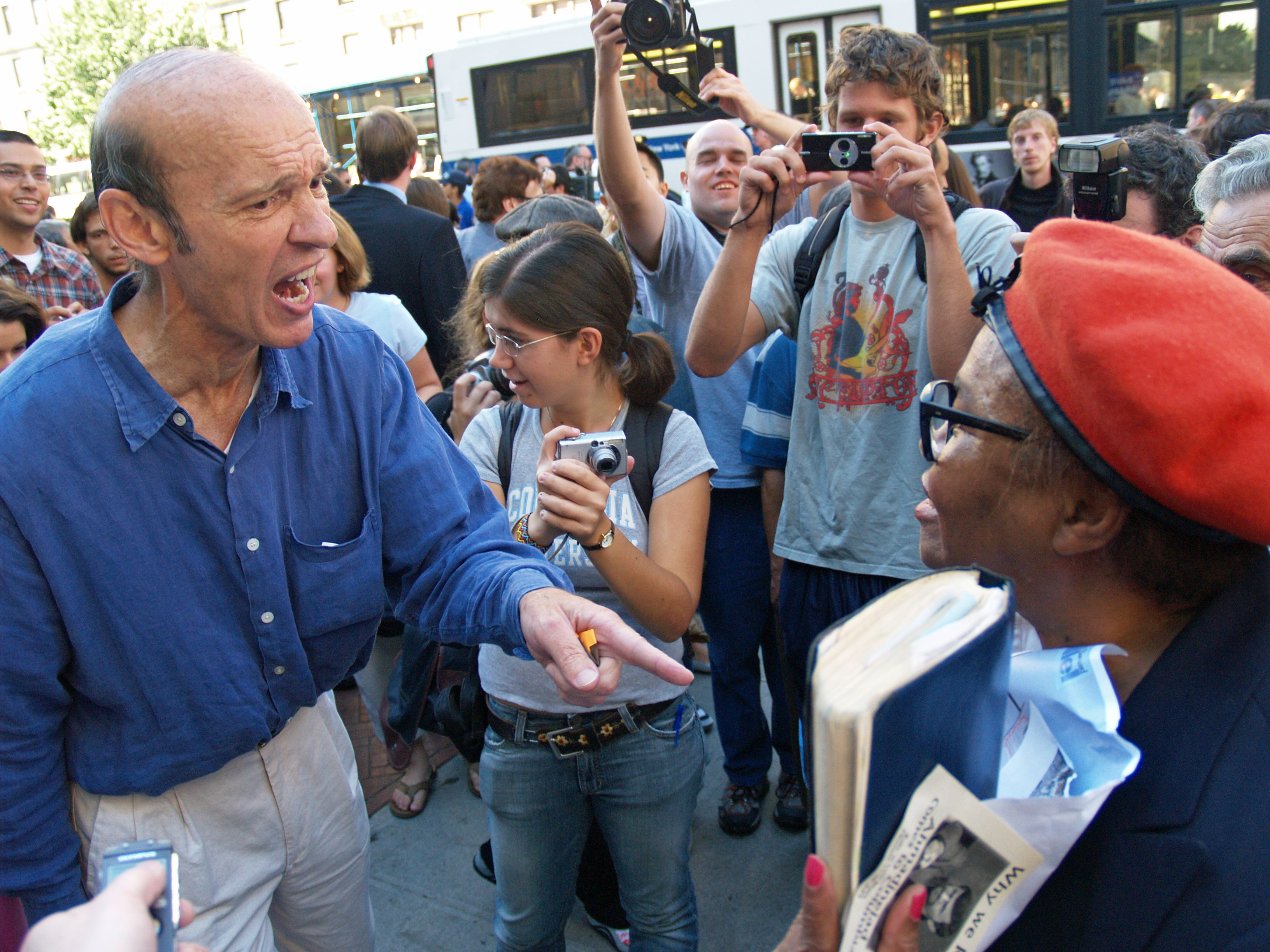
Image: Wikipedia
If you have to get to another audition, it’s okay to talk to someone and ask if they can get you in sooner because you have to be somewhere else in 45 minutes. They might say yes or they might say no. But always be kind and patient, even when you don’t feel like it.
BE PLEASANT BUT PROFESSIONAL
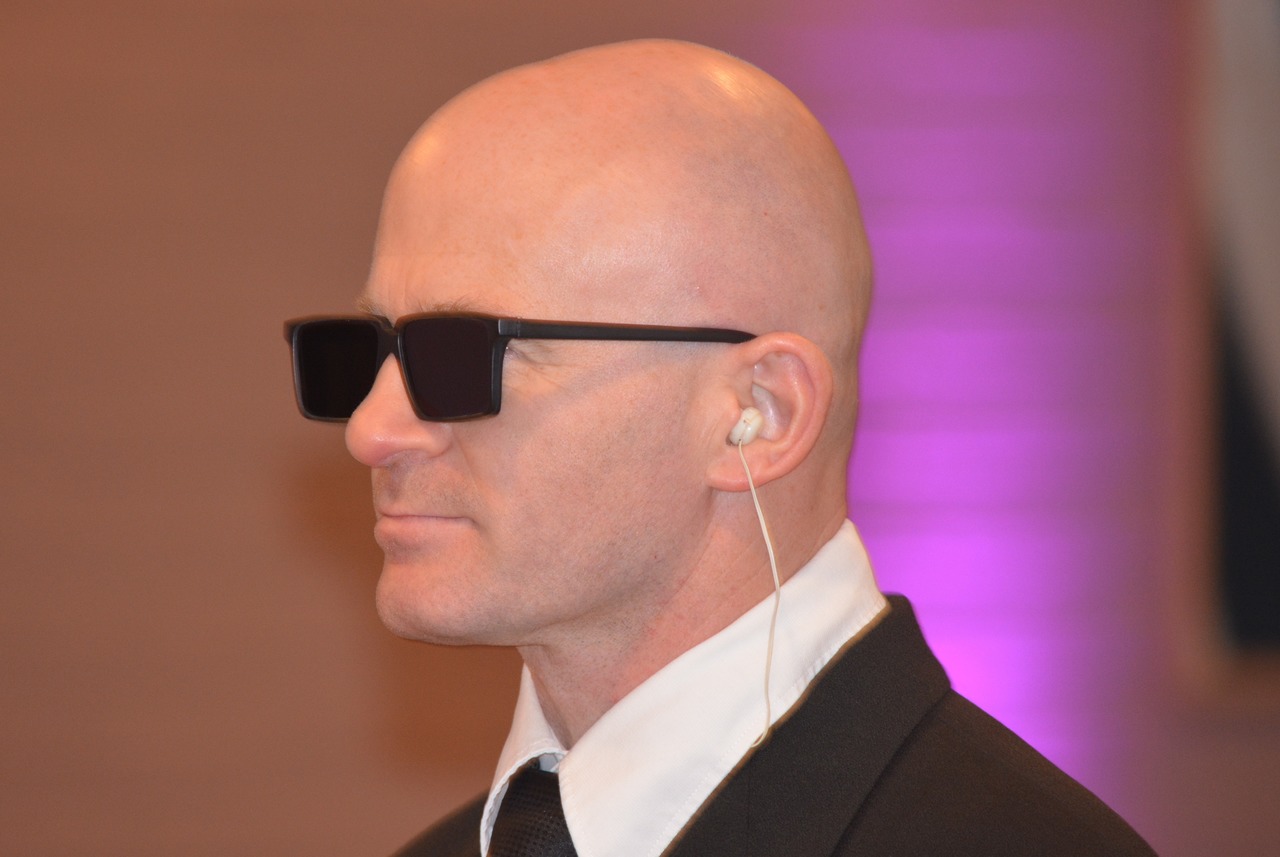
Image: Pxhere
So you’re sitting outside the audition room. You have your lines down cold. You know your character and what your take on the scene is. The door opens and they call your name… time to enter the room where it happens.
Sometimes, people get nervous right about now. Just enjoy the ride. Answer whatever questions people ask you, and give your best in the audition.
SLATE PLEASE?
You will be asked to stand on a mark. The mark is often a T-shaped spot that’s taped onto the floor. You stand on that spot because that’s where the lights and camera are pointed.
Then someone might say, “slate?”
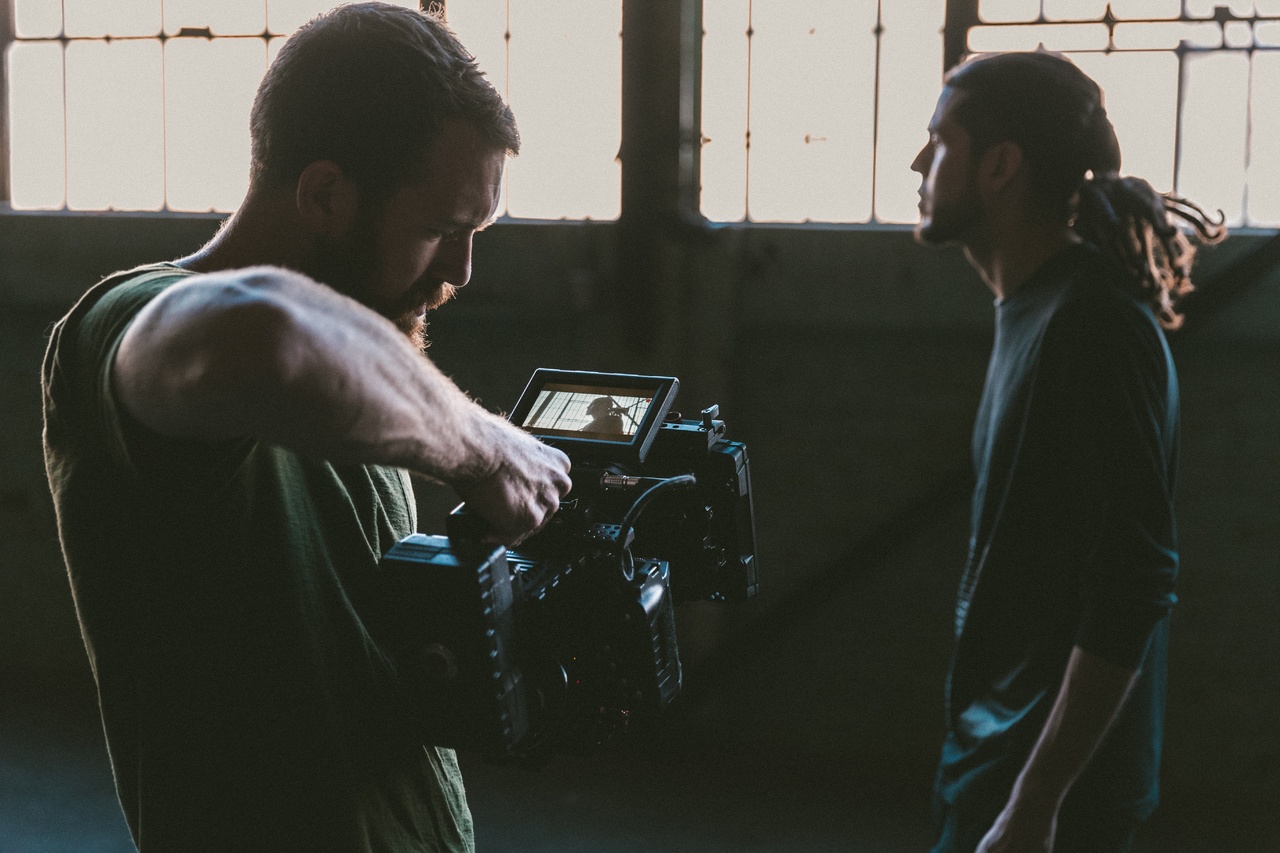
Image: Pxhere
Slate means you say your name. Sometimes you might be asked your height or what your representation is. But the important part is your name, so that when a director reviews the footage, they can find your contact info easily.
ANNNNNND, ACTION…

Image: Unsplash
If you have the first line of the scene, start things off. You can also take a second or two to get yourself into the mental space to perform the scene, but don’t spend a long time getting ready.
Even if you’re memorized, use the script. Always hold the script when you audition, so you have it as a reference. You never know when you might just lose your place.
You’ll usually be doing the scene a reader, and that reader may or may not be an actor. They may be incredibly boring or terrible.
It doesn’t matter. Do your performance as if you were acting opposite the greatest actor in the world.
THE EYES HAVE IT
You should be connected to the material and to the audience. That means that you should be imagining yourself in the scene, but you want your eyes visible to the camera.

Image: Pxhere
If you have not had time to memorize, hold your script so it doesn’t block your face, but you can still read it. When your scene partner has a line, you can glance quickly down at your script to refresh your memory on the next bit of dialogue.
Ideally, you know it all. But if you don’t it’s better to have your eyes totally visible to the camera while you’re speaking your lines.
You want to make sure that your face and eyes can be seen because that’s where your emotional work will appear. Sometimes, a reader might be seated far away from the camera. If that’s the case, imagine that they are standing just about six inches to a foot away from the camera.
The person running the audition may also tell you where to look.
TAKING DIRECTION

Image: af.mil
You may finish a scene and feel like you did great. Then the director might say, “ok, let’s… let’s change this. Let’s pretend that instead of being in love with your scene partner, you hate their guts.”
WHAT? That’s not the scene you imagined when you read the script.
You might think “how could I have screwed this up?” Or maybe “how could the director be so stupid?” Or “do they just not like me?”
Relax. A lot of times at auditions, the director will give a direction simply in order to ascertain if you can take their direction and role with it. Some actors don’t have the ability to change it up. They do their work, sometimes very well, but they do it the same way again, and again.

Image: Pixabay
AUDITION
DO’S & DON’TS
Aim to be early.
Dress in a way that suggests the character.
Smile and be grateful.
Know your part and come prepared.
Take direction if it is given..
Thank the people at the audition.
Assume traffic will be perfect or parking will be easy.
Dress in costume.
Try so hard that you seem fake.
Leave the script at home. Hold it just in case.
Talk negatively about your performance, or anyone else’s.
Try to shake their hands unless they offer.
A Few Resources for the Brave Auditioner
Some terms you should know.
Acting in Film by Michael Caine. This will teach you about the craft of acting in front of a camera.
Audition by Michael Shurtleff. One of the best books (if not the best) there is on auditioning.
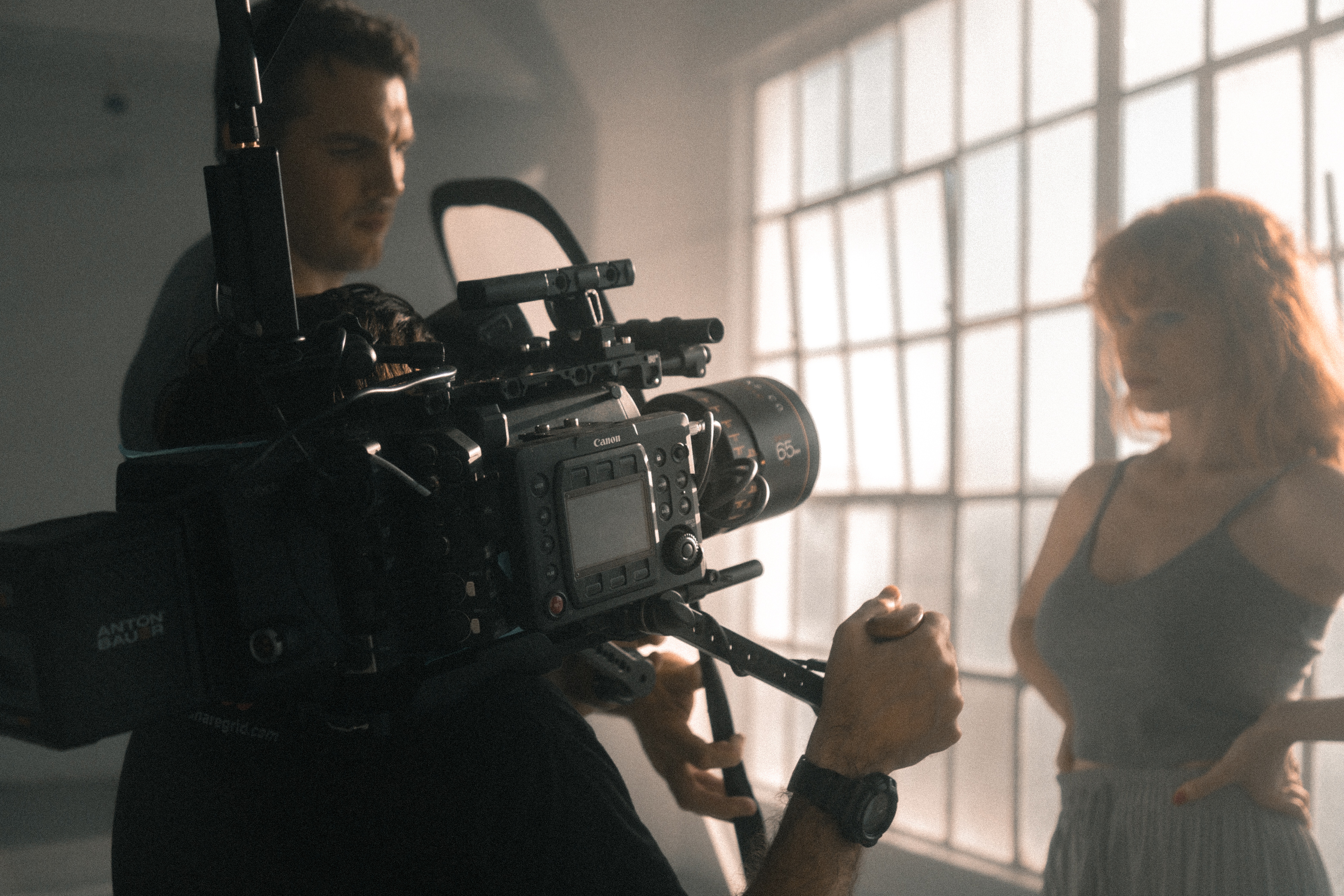
Image: Unsplash
And of course, our websites if you’re looking to get started in Hollywood.
These are just a few of the most important things to keep in mind when you go out to audition. Remember why you’re doing what you do. It’s one of the most thrilling professions there is, so if you’re going to take your shot, take it.
Another day, another audition. You’ve got your outfit perfect, your lines memorized, and your mindset is in the zone.
Go knock their socks off.
